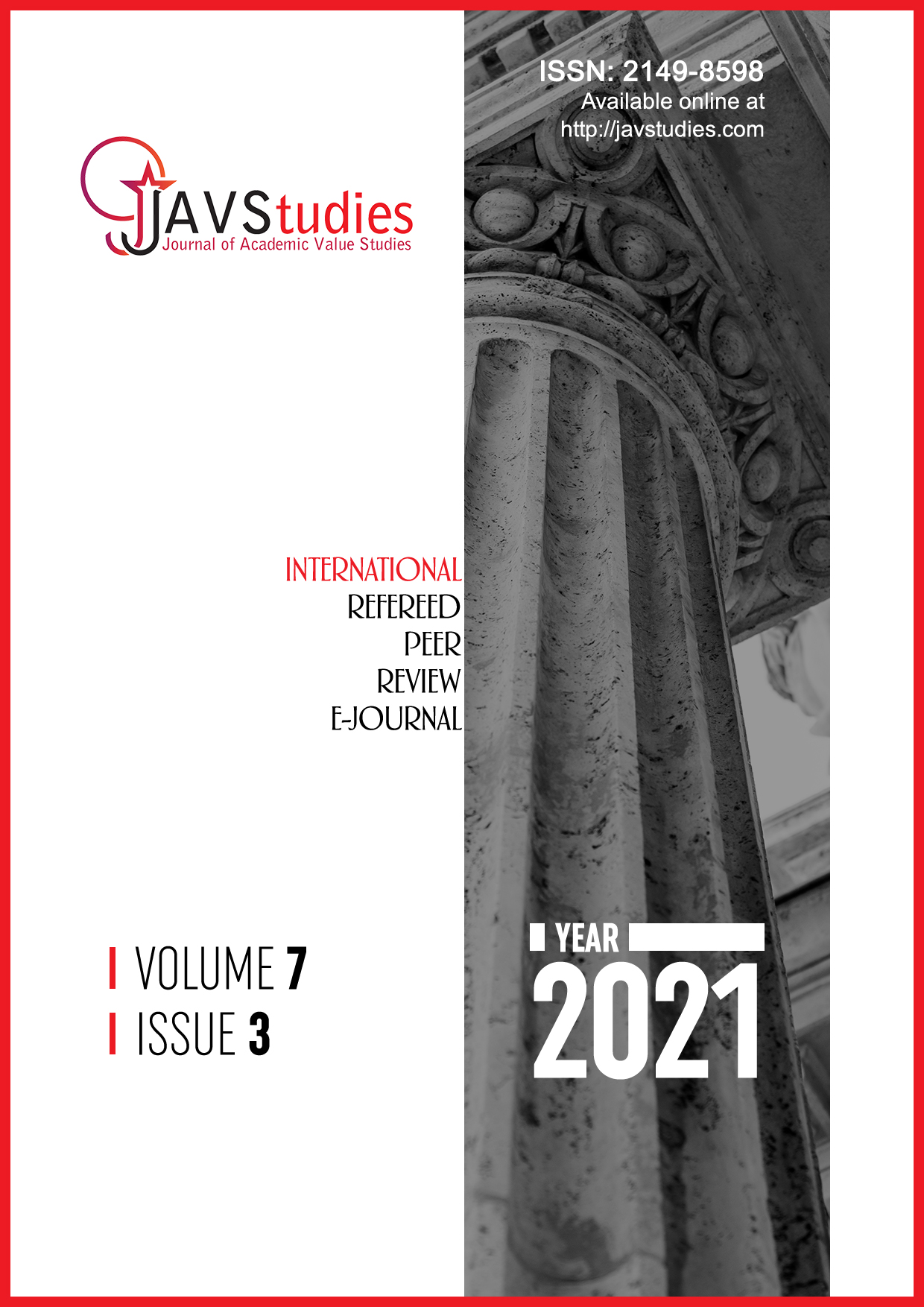Author :
Abstract
Küresel rekabet ortamında işletmelerin rekabet avantajı elde etmeleri varlıklarının devamı için gerekmektedir. Birçok işletme varlığını devam ettirmek ve aynı faaliyet kolunda üretim yapan diğer işletmelere karşı rekabet üstünlüğü sağlamak için çeşitli stratejiler geliştirmektedir. Üretim reçetesi kullanımı da işletmelerin rekabet avantajı elde etmeleri için kullandıkları yöntemlerden biridir. Üretim reçetesi işletmelerin maliyetlerini kontrol altında tutarak rekabet güçlerini arttırmasına yardım etmektedir. Bu çalışmanın amacı gıda işletmelerinde kullanılan üretim reçetelerini muhasebe kapsamında üretimde yapılan hileler ve manipülasyonlar yönünden ele alarak incelemektir. Çalışmada iki temel varsayımda bulunulmuştur. Çalışma kapsamında alınan işletmenin gelir tablosu da bu varsayımlar doğrultusunda düzenlenmiştir. Çalışmanın sonunda varsayımların altında yatan olası sebepler sıralanarak çözüm önerisinde bulunulmuştur. Üretim reçetelerinin denetim boyutuna yönelik yapılan bu çalışma literatürdeki boşluğa dikkat çekmesi yönünden son derece önemlidir. Nitekim işletmelerin finansal tabloları mevcut ve potansiyel yatırımcılar için önem arz etmektedir. Üretim reçetelerinin denetimi ile hem işletmeler etkin maliyet kontörlü sağlayabilir hem de finansal tablo kullanıcılarına doğru ve güvenilir bilgiler sunulabilir.
Keywords
Abstract
It is necessary for enterprises to gain competitive advantage for the continuation of their existence, in the global competitive environment. Many enterprises develop various strategies to maintain their existence and to gain a competitive advantage against other enterprises producing in the same field of activity. The use of the bill of material is one of the methods used by enterprises to gain competitive advantage. The bill of material helps enterprises to increase their competitiveness by keeping their costs under control. This study aims to examine the bill of material used in food enterprises in terms of cheating and manipulations in production within the scope of accounting. Two basic assumptions were made in the study. The income statement of the enterprise was arranged in line with these assumptions. Possible reasons underlying the assumptions were listed and a solution was suggested. This study on the audit dimension of bill of materials is extremely important in terms of drawing attention to the gap in the literature. Thus, the financial statements of enterprises are important for current and potential investors. With the control of bill of materials, enterprises can both provide effective cost control and provide accurate and reliable information to financial statement users.
Keywords
- Akinradewo, O. I., Awodele, O. A., & Akinradewo, O. F. (2021). Bill of material and labour template for construction ınformation management. Journal of Engineering, Project, and Production Management, 11(1), 52-60.
- Cinelli, M., Ferraro, G., Iovanella, A., Lucci, G., & Schiraldi, M. M. (2020). A network perspective for the analysis of bill of material. Procedia CIRP, 88, 19-24.
- Elitaş, B. L. (2013). Muhasebe manipülasyonu ve muhasebe bilgi kalitesine etkisi. Muhasebe ve Finansman Dergisi, (58), 41-54.
- Kıllı, M., & Evci, S. (2017). Muhasebe manipülasyonlarının tespitinde kullanılan modeller. Osmaniye Korkut Ata Üniversitesi İktisadi ve İdari Bilimler Fakültesi Dergisi, 1(1), 68-79.
- Kızıl, C., Akman, V., Çelik, İ. E., & Şener, S. (2016) "Yaratıcı muhasebe yöntemleri ve finansal bilgilerin manipülasyonu: profesyonel muhasebe meslek mensupları üzerinde örnek bir uygulama." Beykent Üniversitesi Sosyal Bilimler Dergisi 9.(1) 1-18.
- Okutmuş, E., & Gövce, G. (2015). Yiyecek işletmelerinin maliyet kontrolünde standart reçetelerin karşılaştırmalı olarak incelenmesi ve bir uygulama. Niğde Üniversitesi İktisadi ve İdari Bilimler Fakültesi Dergisi, 8(2), 79-90.
- Rusk, P. S. (1990). The role of the bill of material in manufacturing systems. Engineering Costs and Production Economics, 19(1-3), 205-211.
- Sari, B. N., Komarudin, O., Padilah, T. N., & Nurhusaeni, M. (2018). Bıll of materıal (bom) pada sıstem ınventorı kawasan berıkat untuk pelacakan materıal movement. Ilkom Jurnal Ilmiah, 10(3), 323-330.
- Solecha, K., & Yulia, E. R. (2020). Rancang bangun sistem ınformasi pengelolaan sales order dan bill of material ınterior dan exterior bangunan menggunakan model waterfall. Jurnal Teknologi Informasi, 6(1), 48-54.
- Yang, Z., Zhang, J., Wang, S., Wang, J., & Huang, X. (2016, August). Building ontology-based bill of material design and knowledge management in power gird. In 2016 12th International Conference on Natural Computation, Fuzzy Systems and Knowledge Discovery (ICNC-FSKD) (pp. 1664-1669). IEEE.





